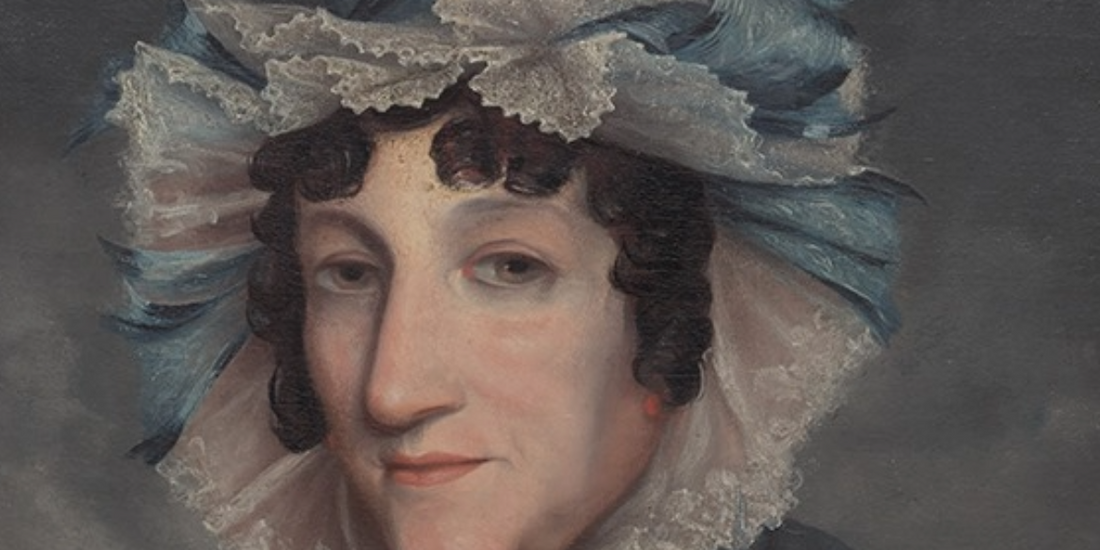
An Inspirational Life: Esther Abrahams
Share
I was obsessed with historical biographies as a child, particularly biographies of women. I read everything I could get my hands on in this genre, from Queen Victoria to Cleopatra, Dolly Madison, Helen Keller, Laura Ingalls Wilder, The wives of Henry the VIII...
As an adult, my fascination with these stories hasn't waned. I find the trajectories of real peoples' lives endlessly fascinating and inspiring - so much richer than any other type of historical non-fiction.
And some of the stories... frankly, they're better than any plot I could come up with.
In the next few months, I'll share some of the little-known-people I've come across while researching my books - people whose stories have inspired bits and pieces of my characters and plots.
We'll start with a fascinating someone I came across recently while researching my work in progress, the fourth (and final) book in The Darnalay Castle Series.

Esther Abrahams
Esther was Jewish, born in London in 1767 or 1771. Around the age of 20, she was tried and convicted of stealing a bit of lace worth 50 shillings (about $250 in today's value,) and sentenced to transportation: 7 years in New South Wales (current day Australia).
She was pregnant at her trial, though the identity of the father of her child has been lost to history.
Esther gave birth to a baby girl, Rosanna, in Newgate Gaol, while awaiting transportation. In May of 1787 she and her newborn baby departed London on the "First Fleet", the very first group of transport ships that carried convicts and officers to New South Wales to start a new colony.
Eight months later, the First Fleet arrived in the Jackson Harbor and founded a town they called Sydney.
Sometime during those eight months at sea, Esther became the mistress of one of the officers on board, Lieutenant George Johnstone of the New South Wales Corp. Upon arrival in Australia, George offered Esther protection for herself and her daughter, and she became his de facto wife.
(This is a relatively common story. As there were very few non-convict white women in the early days of the colony, many of the officers took convict mistresses... until the powers that be in England put a stop to their scandalous conduct in the early nineteenth century, that is.)
Esther and George went on to have seven children together at Annandale, the large and prosperous farm they made their home. When George had to go back to London from 1809 - 1814 to answer charges of mutiny (which is a completely different story!) Esther was left to run the farm by herself.
And by all accounts she did a great job of it.
When George returned in 1814, they were married at the behest of The Governor, who was anxious to show that the new colony was not the heathenous place some in England made it out to be.
George died in 1823, leaving Annandale to Esther for the term of her natural life.
And here's where the story turns tragic.
Esther and George's son, Robert, was set to inherit Annandale upon his mother's death, but he was impatient. He took Esther to court, claiming she was insane - incapable of running hew own estate. She put up a solid defence, with lots of witnesses affirming her sanity, but it wasn't enough to outweigh the sexist attitudes of the courts. She was forced from her home in 1829 and lived the rest of her life with her son, David.
____
Quite a story, isn't it? From poverty on the streets of London and giving birth alone in prison, to the life of a wealthy farmer. A love that transcended class. Then to be betrayed so thoroughly by her own son...
For more stories like this one, plus exclusive discounts, freebies and other goodies, be sure to sign up for my weekly newsletter!
